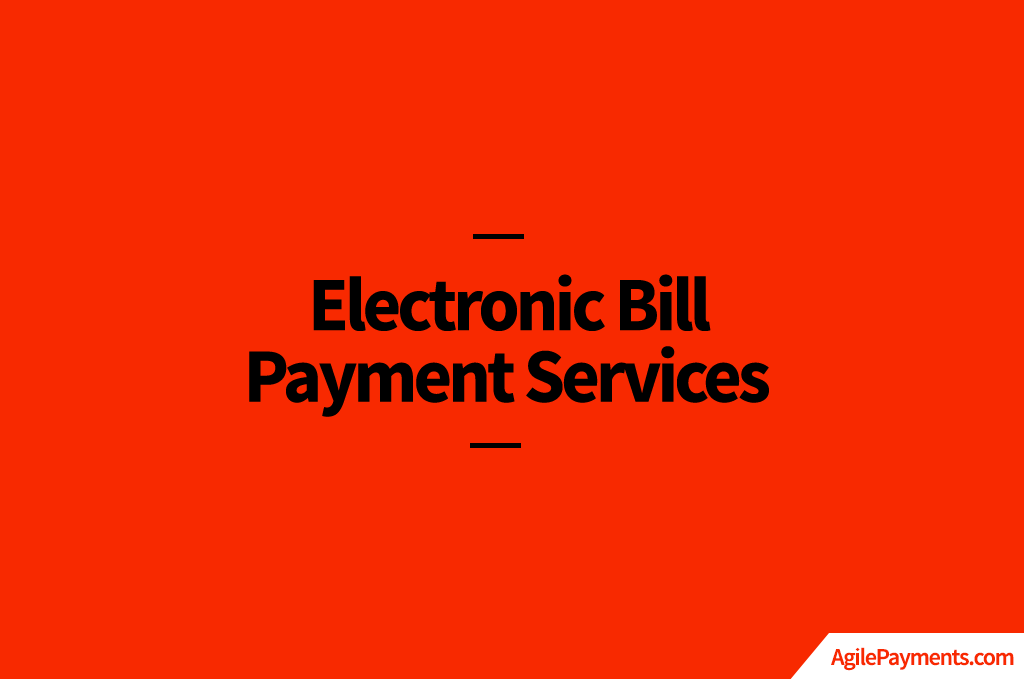As the populations ages and customers of a younger age become bill payers of businesses and organizations, the greater the need for payment remittance to be accomplished through electronic systems. Electronic Bill Payment Services is one such system that businesses should consider adopting. Here’s why.
Older generations are less comfortable with remitting payments through internet protocols and technological advancements. In some cases it’s because some people are creatures of habit and have a hard time of breaking an old habit like writing a paper check. In other cases it’s because an older person simply isn’t familiar with technologies, even as simple (to some of us) as a PC or tablet. Thus they just can’t build a trust factor in using such a device in remitting payments because in doing so sensitive data is entered and there’s no understanding in where the data goes and who handles or is able to “touch” that data.
According to the Pew Research Center, 59% of seniors utilize the internet for some kind of purpose. The percentage of that 59% who utilizes the internet to remit payments, while unknown, is certainly far less. Contrast that with Millennials where 99% utilize the internet and are rarely seen without a smartphone glued to their hand. The newer smartphone payment apps like Venmo thrive on this user base participation. In polling the younger class of users, it’s hard to find many that don’t use Venmo or similar such as Zelle or PayPal.
As the senior class is replaced by those who are completely comfortable with remitting payments through technologies using programmatic methods, businesses will find themselves having to adapt to systems such as Electronic Bill Payment Services, if they haven’t already.
EBPP just makes sense, and here’s why. The costs of accepting paper checks can be a huge financial burden to a businesses bottom-line. Even large companies who off-load paper check acceptance to lockbox specialists incur financial burdens from paper check acceptance. The more these paper checks that can be converted to electronic transactions, the greater the cost reduction can be. Electronic Bill Payment Services are on way a billing organization can convert paper checks to electronic means. EBPP is also far more convenient for their customers in remitting payments. No mailing, no stamp and no costs of replacing paper checkbooks. A customer can go online to the organization’s website, click and search for their invoice. Once located, the invoice is presented and with another click after entering credit card or checking account data, an invoice is paid and a receipt presented or delivered via email. Moreover, EBPP systems can offer the ability to email invoices as well as provide a search and locate function, making automated notifications easier for the customer – and for speeding efficiencies toward cash flow. Having payments arrive on time is never something a billing organization has a problem with.
And then we can talk about security. While some of the older population has concerns over where the data goes and how it’s handled, it’s not reality to think that paper checks, or for that matter, phoned-in payments where card or bank account data is given to a live operator, is somehow less likely to be compromised and used in a fraudulent matter. Electronic Bill Payment Services provider systems must reside in a PCI compliant platform. Sensitive data simply isn’t available to the organization or its employees, eliminating the risk of data theft to be used fraudulently. On the other hand, paper checks delivered by mail are. There’s always human involvement in some form, and that means there’s a risk present.
Sooner or later, even the smallest of businesses will have to evolve and adapt to electronic payments, and for billing organizations that means EBPP.
Agile payments has been consulting with and providing solutions for streamlined cash flow solutions for over 18 years.



